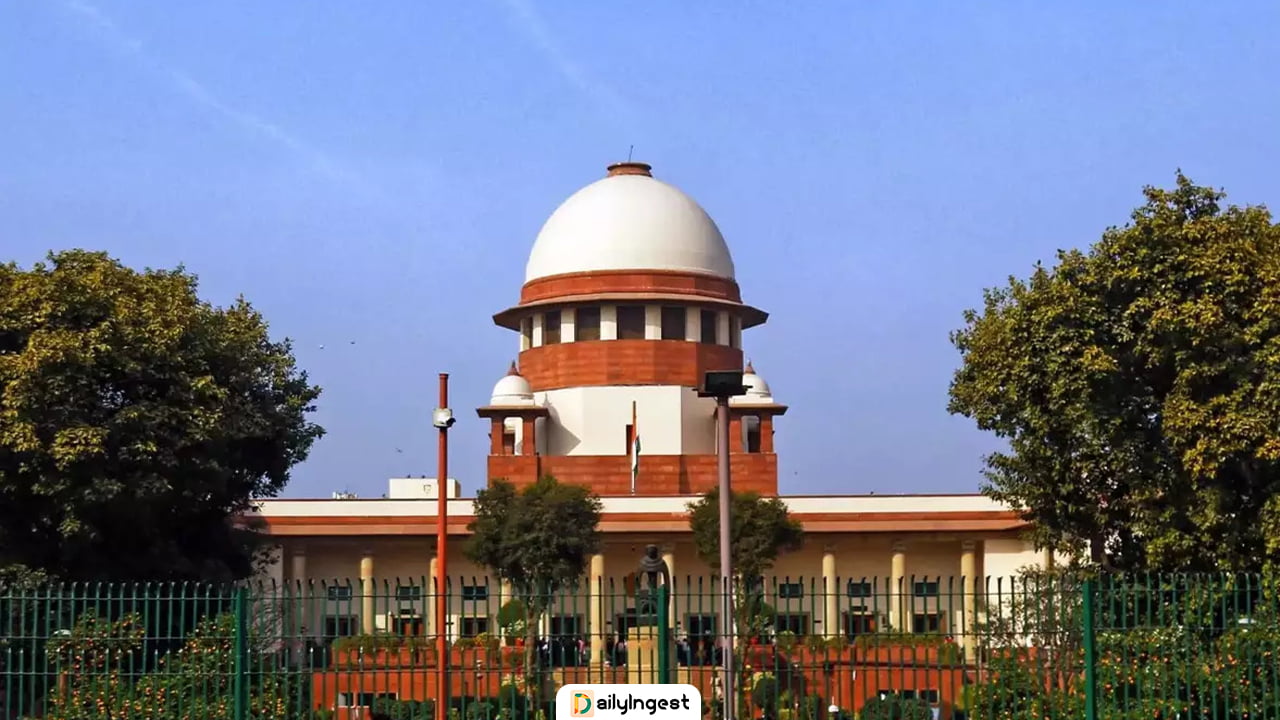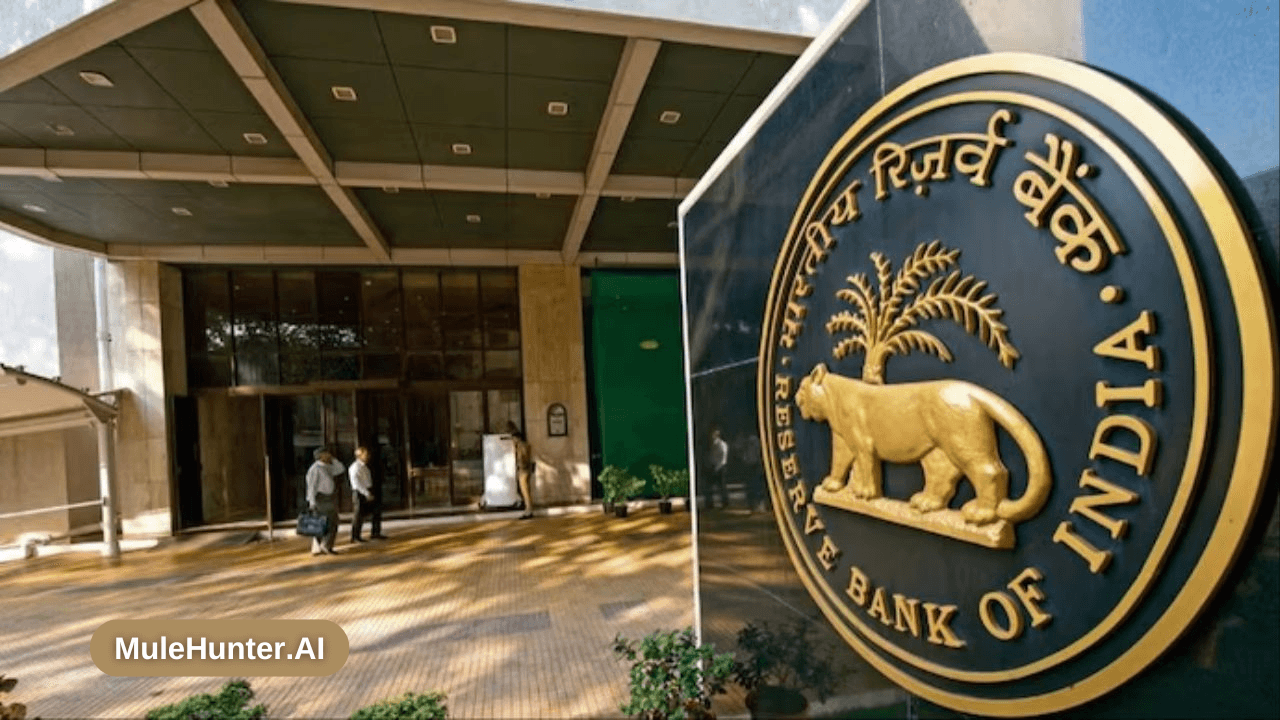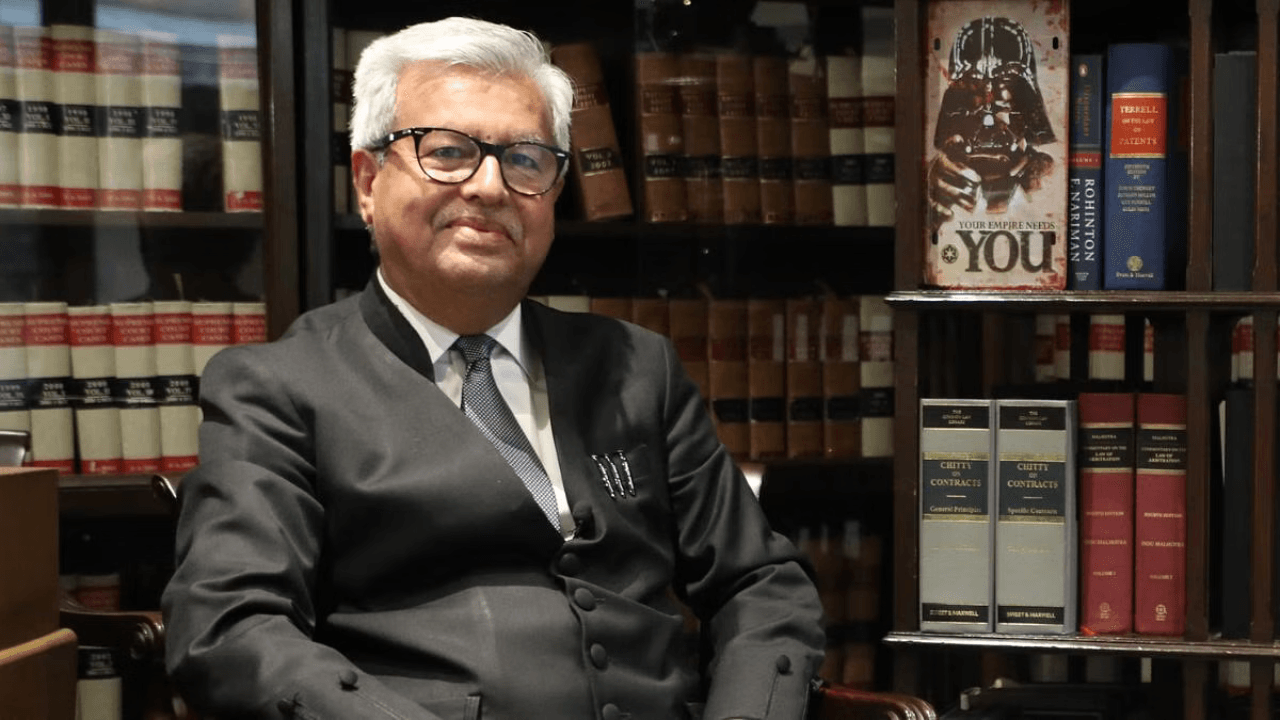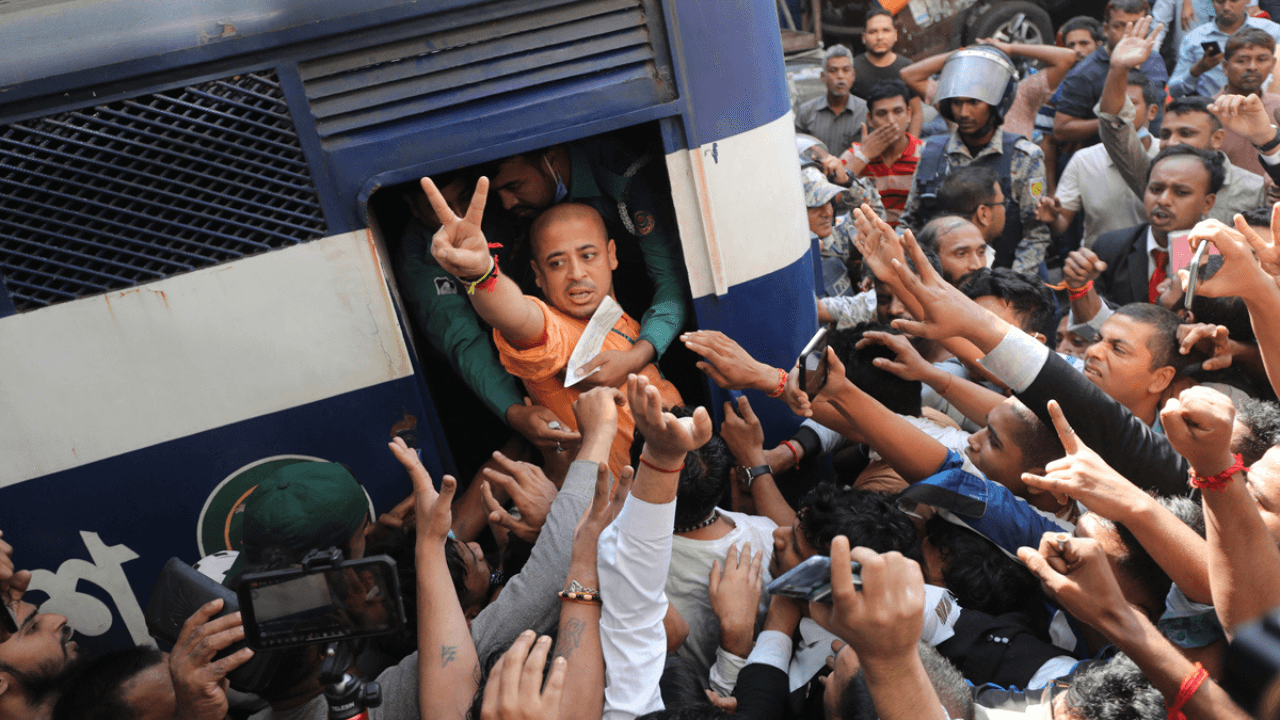A recent report submitted by a committee appointed by the Supreme Court has illuminated the ongoing ethnic conflict in Manipur, pointing fingers at local Civil Society Organizations (CSOs) for hindering the cremation process of 88 bodies stored in Imphal’s mortuaries. Led by former Jammu & Kashmir Chief Justice Gita Mittal, the committee expressed deep concern over the involvement of these CSOs, alleging their interference in the acceptance of ex gratia by kin and exacerbating tensions between ethnic groups.
The report, based on the committee’s initial on-site assessment, revealed that among the 94 unclaimed bodies in three Imphal mortuaries, 88 had been identified. It emphasised the substantial pressure exerted by active CSOs in Manipur on both relatives and those willing to conduct the last rites, discouraging them from accepting the bodies.
Highlighting suspicions of certain elements within the state determined to perpetuate communal strife, the report raised doubts about the accurate portrayal of facts regarding the situation in presentations made to the Supreme Court by specific petitioner NGOs.
Additionally, the report detailed the state government’s efforts in earmarking nine suitable locations for the cremation and burial of victims of ethnic violence, providing families the option to choose the final resting place for their deceased relatives. However, CSOs were reportedly advocating for mass burial in unsuitable sites, potentially escalating ongoing tensions and impeding efforts to restore peace and normalcy in Manipur.
The findings of the committee also brought to light an incident on August 3, where CSOs attempted an unauthorised mass burial at a government sericulture farm. This action led to thousands gathering at the site, causing a law-and-order situation that was resolved only through intervention by the central government, resulting in the postponement of the mass burial.
Given these revelations, the committee recommended that the Supreme Court intervene and direct CSOs to refrain from obstructing the acceptance of bodies for last rites and ex gratia by relatives. Additionally, the committee proposed that if bodies remain unclaimed within a specific timeframe, authorities should proceed with the last rites, free of charge, under the Manipur Municipalities Act, 1994.












